Diversify: Ocean has potential to feed world
President Xi Jinping underscored the need to diversify China's food production and build up the seed industry during his first domestic fact-finding trip this year, a move analysts said will help guarantee the nation's food security and put food that is more nutritious on the tables of Chinese people.
Such a strong emphasis is crucial, as geopolitical risks hover over the global food trade and people's higher living standards are driving demand for greater food variety and improved nutrition, they said.
During his four-day trip to Guangdong province last week, Xi visited a mariculture base in Zhanjiang, inspecting advances in fish farming methods and speaking with researchers and fish farmers.
Xi, who is also general secretary of the Communist Party of China Central Committee, expounded on the need to adopt an all-encompassing approach to food production to ensure the food security of China, the world's second-largest economy with a population of over 1.4 billion.
He called for parallel efforts to bolster land-based agricultural production and take advantage of marine resources, highlighting the imperative to strengthen marine farming, develop sea-ranching and build "blue breadbaskets".
He also highlighted that the seed industry is the foundation for the development of modern agriculture and fisheries, calling for meticulous efforts to ensure its sound development.
It is imperative to vigorously develop deep-sea aquaculture equipment and smart fisheries, and boost the transformation of marine fisheries into an information-based, intelligent and modern industry, he said.
Chen Songlin, an academician with the Chinese Academy of Engineering and chief scientist with the Chinese Academy of Fishery Sciences, said he was excited to learn about Xi's trip to the mariculture base, a key project for fish seed production under a national high-tech development plan known as the 863 Program.
"What is behind the attention from the general secretary over the development of fish seed in mariculture is his strong emphasis on food security for China's population of over 1.4 billion," he said.
With Chinese people's living standards rising, demand for food has grown far beyond the consumption of staple food, and the top leadership is now giving priority to the demand for greater food variety and better nutrition, he said.
Chen said there is more potential in the ocean, which covers 71 percent of the Earth's surface, to meet mankind's increasing demand for food.
In building up China's mariculture sector, the nation must make coordinated efforts to restore marine ecology, nurture and protect wild fish stocks, foster fish stocks, and improve aquaculture and aquatic-products processing, he said.
As China endeavors to obtain more food resources from the sea, the country, which tops the world in mariculture output, must further modernize its sea farming methods and employ more information technology and smart methods to industrialize the farming process and develop new bases for protein production, he said.
Xi's trip to Zhanjiang was made one year after his trip to a plant seed breeding laboratory in Sanya, Hainan province, where he stressed that China's food security can only be achieved when seed resources are tightly held in Chinese hands and technologies related to the seed industry are self-reliant.
Fan Shenggen, dean at China Agricultural University's Academy of Food Economics and Policy, said the top leadership's emphasis on diversifying China's food production is especially significant, as the country is facing challenges to its food supply arising from geopolitical risks.
China, the world's top oilseed importer, has strongly relied on imported soybeans to crush into soybean meal for animal feed and oil for cooking, with soybean imports reaching 91.08 million metric tons in 2022.
Fan said China's agriculture, largely driven by a high use of fertilizers, has increased the pressure on ecosystems and the environment. Rising obesity rates among children and adults have made it even more urgent for the nation to improve the people's diets.
According to a report released by the National Health Commission in 2020, more than half of Chinese adults are now considered overweight, and obesity rates among adults have doubled over the past two decades.
"In the face of multiple risks and challenges both at home and abroad, it is urgent for China to diversify its food sources and establish a multifaceted food supply system," Fan said. "It is also important to shift from solely emphasizing quantity to parallel emphasis on quantity, structural supply and quality."
Yu Xiaohua, a professor of agricultural economics at the University of Goettingen in Germany, said that ensuring China's food security has gone beyond guaranteeing the supply of staple foods, and catering to people's rising demand for protein could be a crucial next step.
By highlighting the need to diversify the food supply, Xi has stressed the need to expand the supply of food from sources including forests, rivers, lakes, the ocean and agricultural facilities and to develop biotechnology and bio industries to advance production.
Yu said the process would involve ensuring harmony with nature and preventing damage to the ecosystem and environment, as worsening the environment would also endanger the nation's food security.








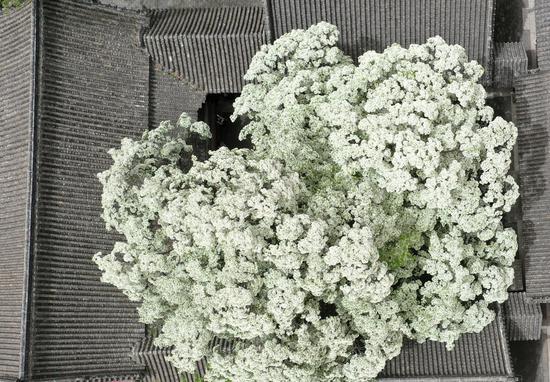

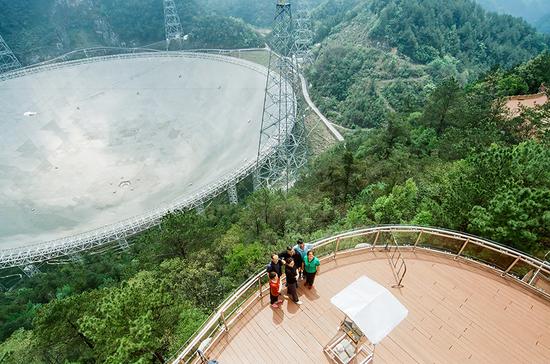
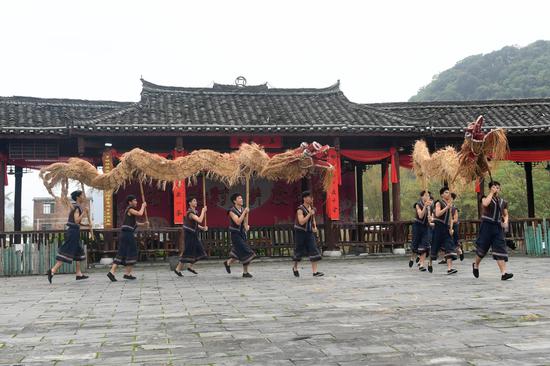
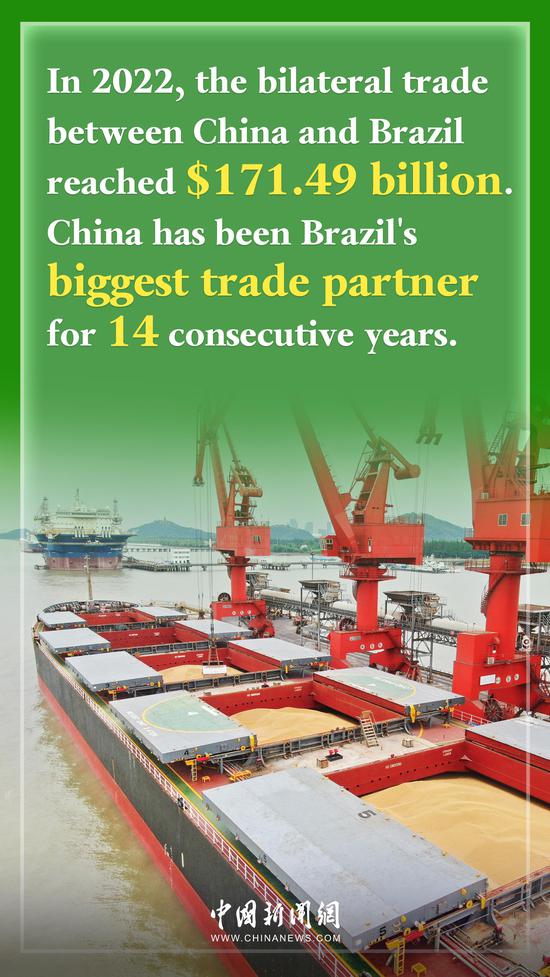
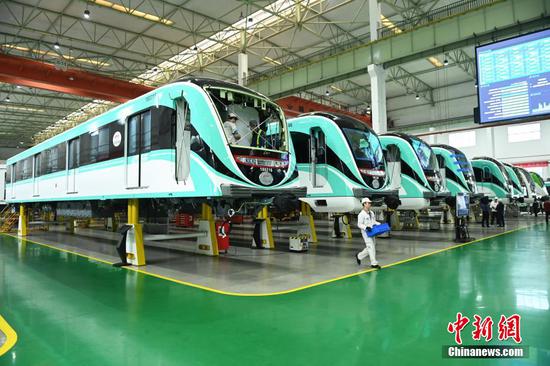

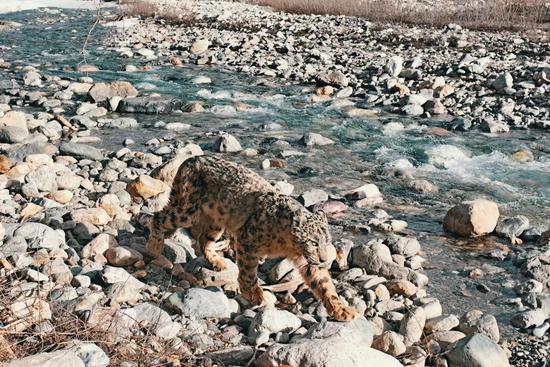

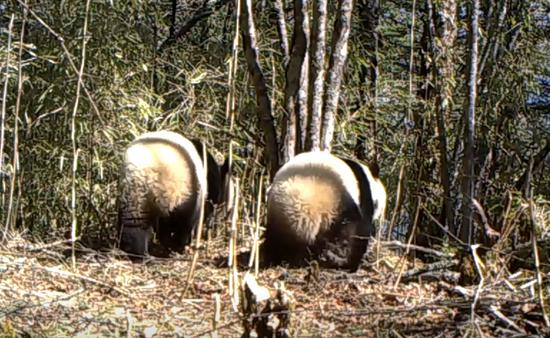
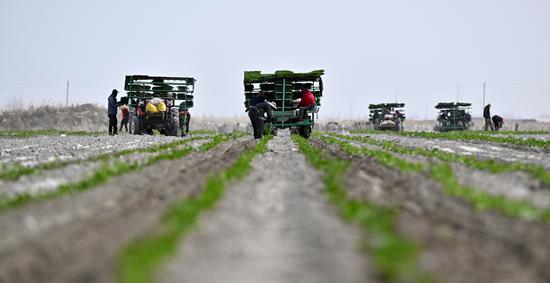


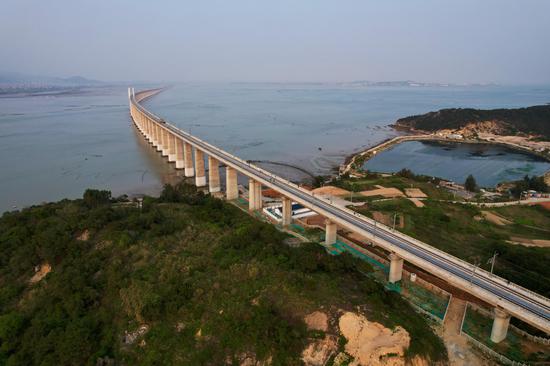
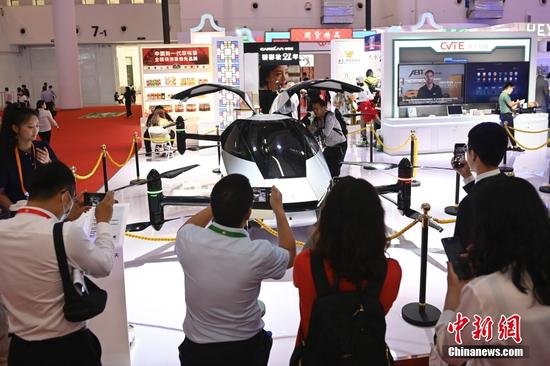
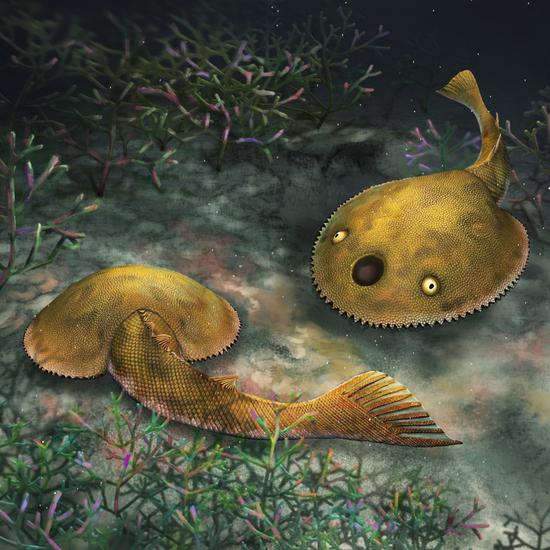
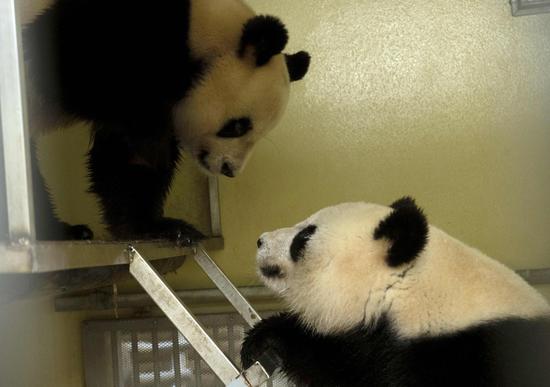
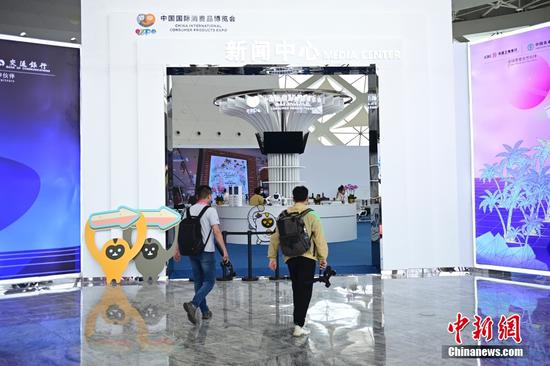




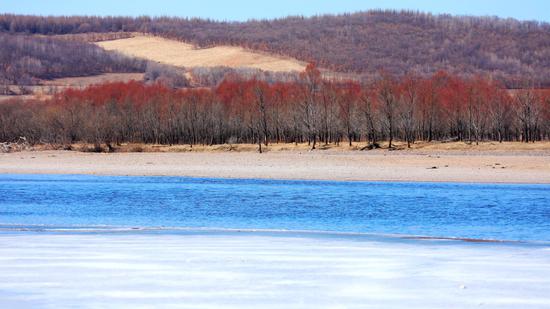
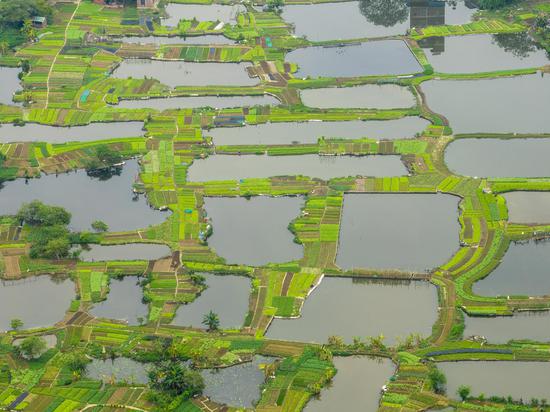
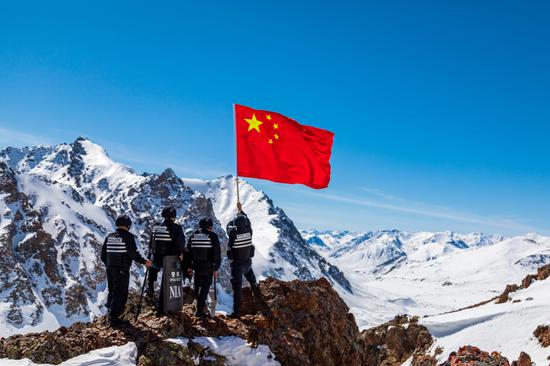

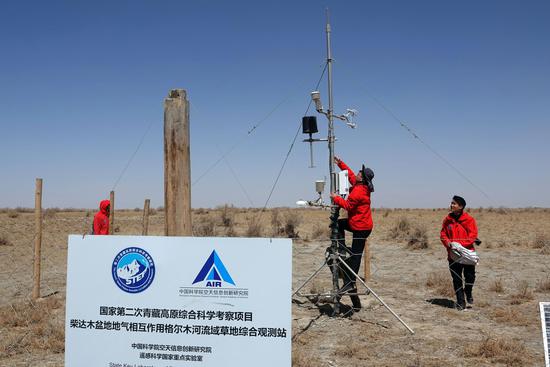
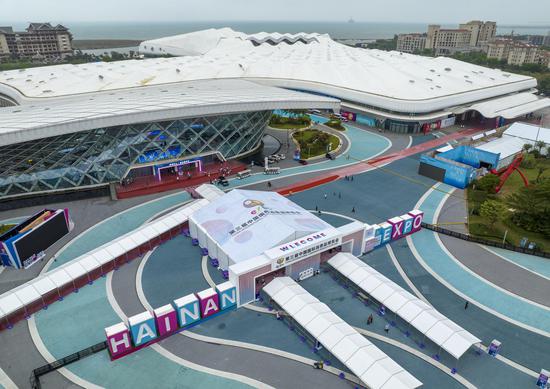
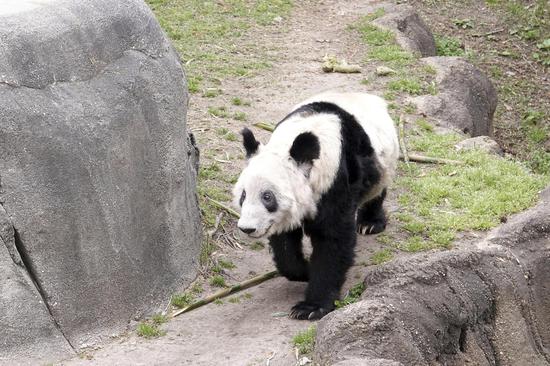
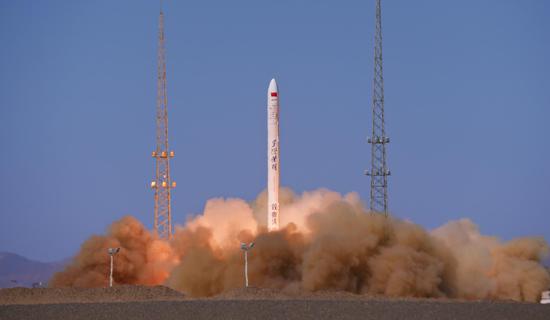
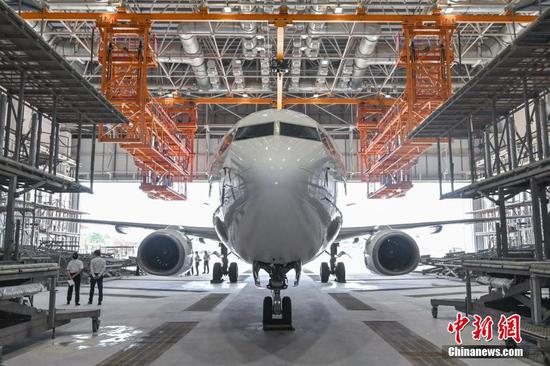
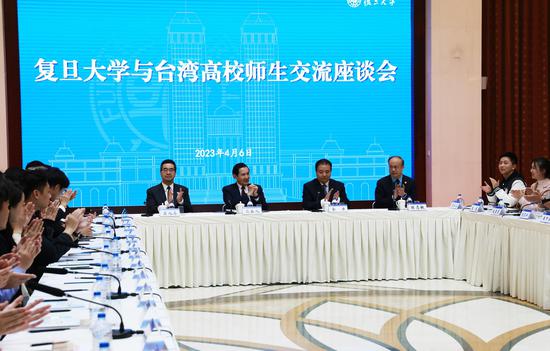
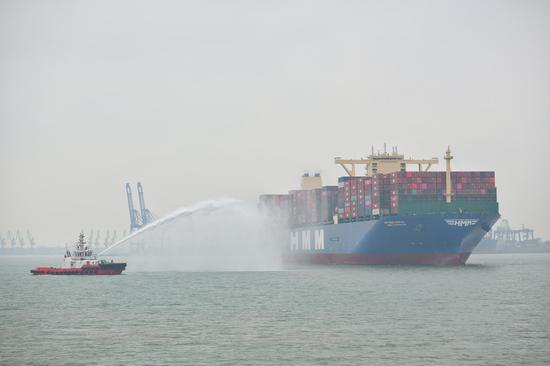
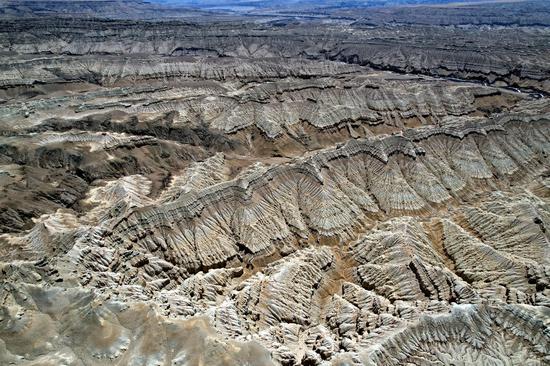
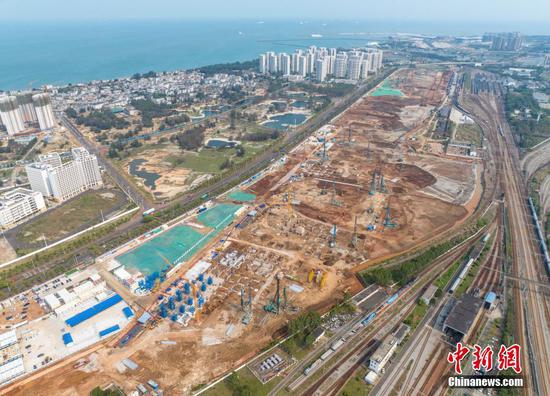
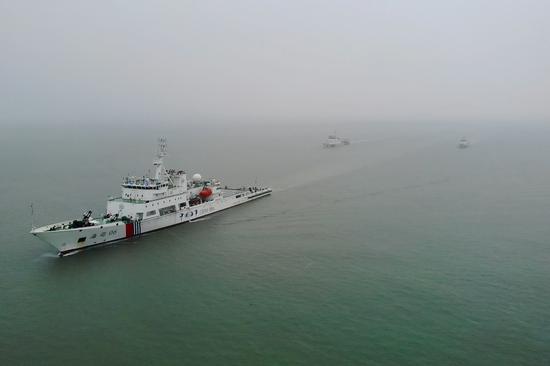
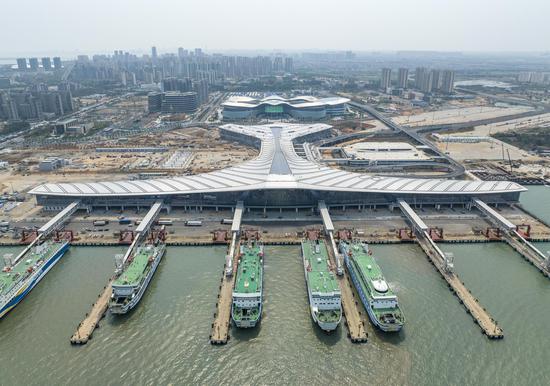





 京公网安备 11010202009201号
京公网安备 11010202009201号